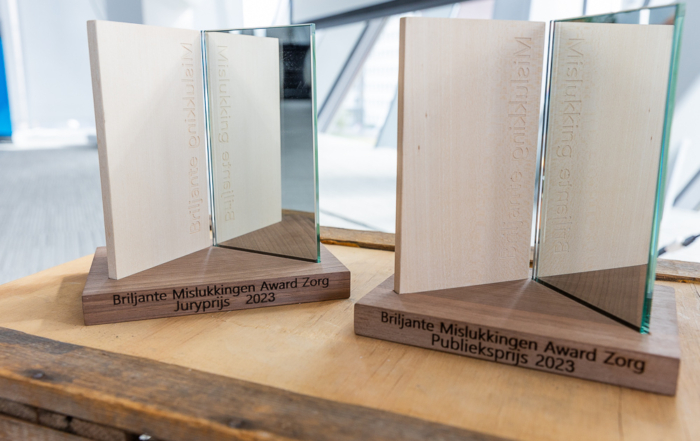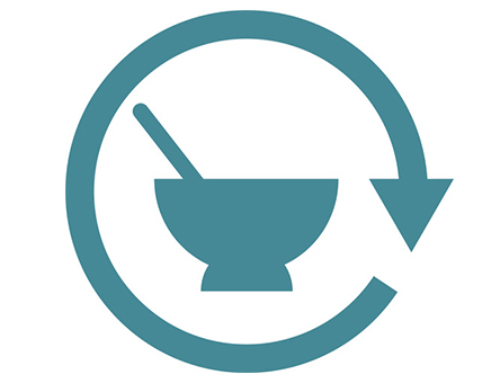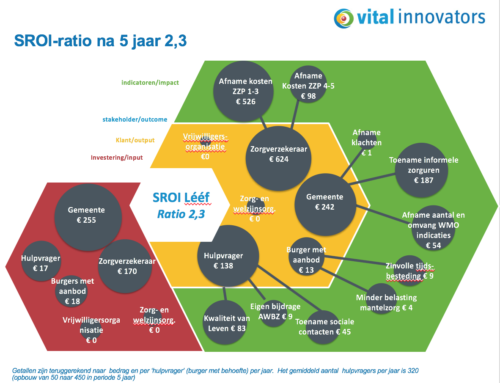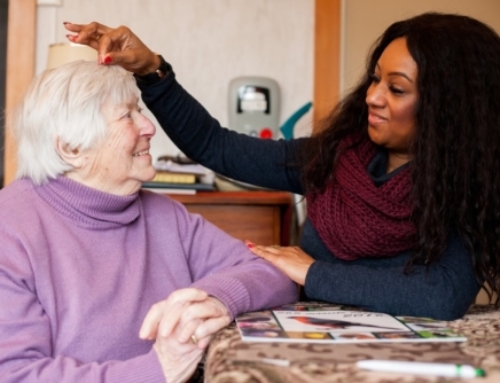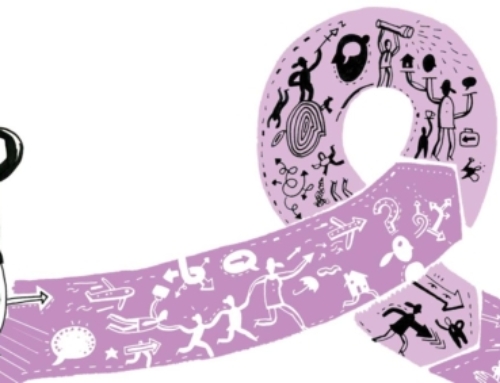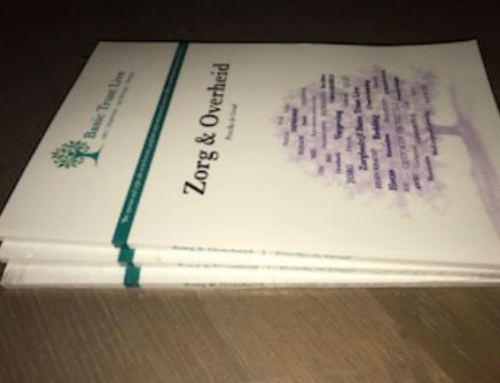The intention
With the Action Ethiopia I wanted clothes, collect school supplies and toys for an orphanage with children who are infected with HIV, a circus project for street children and a project for single mothers.
The approach
All collected items were carefully selected and checked before being packed for shipment. By the time the shipment (of a ton) would arrive in Ethiopia, I would be on site myself to ensure that the agreements made with the projects would be fulfilled.
The circus project and the project of the single mothers is managed by the Belgian organization Siddartha. They would help ensure the fair distribution of the stuff. Because I didn't want to play Santa Claus, any piece of clothing or toy would be sold for a minimal contribution. That money would be reinvested in the project itself.
I came into contact with the orphanage through friends who lived and worked in Ethiopia at the time. I would personally bring some of the baby stuff on site.
The result
The entire cargo of goods was blocked at Addis Ababa airport.. After a lot of lobbying and a personal visit to the competent minister, I was told that the items were not allowed into the country 'to protect the national economy'. There would be a law banning the import of second-hand clothes.
As soon as I got back home, I found a project in Burundi and a willing sponsor to transfer the goods there. All necessary applications were made and approved, but the stuff was suddenly no longer allowed to leave customs. It is still unclear what happened to the goods. The most likely scenario is that they somehow ended up on the black market.
Only the suitcases with baby stuff that I had as luggage for the orphanage, have reached their destination.
The lessons
- Collecting things takes a lot of time, preparation and money to ship them. It can indeed have an impact on the local economy if clothes are imported en masse (or in some cases dumped).
- If you really want to help people on the ground, you better collect money to help a local project expand its activities. There are plenty of reliable organizations with commendable initiatives that you can work with.
- You can collect stuff, but you better sell them in your own country. You save a lot of transport costs with it (which you can then invest in the project), you create employment for the local economy and you avoid clashing with corrupt customs officers or with fine print in legislation that throws your plans in the water.
Further:
Afterwards, a lot of people who wanted to send stuff contacted me for advice. I advised everyone against sending stuff without thinking. For example, there was a department of the Rotary that wanted to send used bicycles, but had not provided anything for the maintenance of the bicycles. I advised them to buy bicycles locally and to invest in the training of a bicycle repairman or bicycle workshop.
A man who was allowed by his employer to donate used computers for a computer class, I also asked if someone can install the computers on site, to maintain, to repair, etc.. Otherwise you will end up with a lot of computers that no longer work and that are of no use to anyone in the shortest time.
It is very noble to organize an action from the heart, but don't forget to consult your common sense and people with experience in the field before you start.
Author: Dirk van der Velden
OTHER BRILLIANT FAILURES
Dippy de dinosaur
Two more world wars were to come in the 20th century. Even then there were people who were committed to peace. There was Philanthropist Andrew Carnegie. There was Philanthropist Andrew Carnegie [...]
Nomination Brilliant Failures Award Healthcare 2022: MindAffect’s Turnaround
Theo Breuers developed a system based on facial recognition that warns when a resident enters or leaves certain areas. The project failed due to privacy legislation.
Brilliant Failure Award Healthcare – 20 to stop coming up with new advice 2024
Wednesday 20 In November, the Brilliant Failure Awards for Healthcare will be organized for the tenth time by the Institute for Brilliant Failures.



